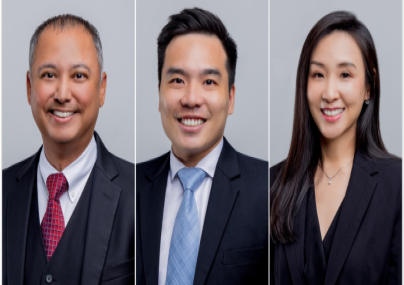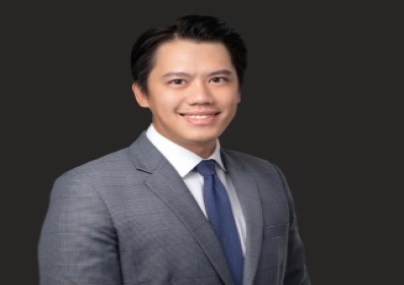
Global law firm Dentons said on Tuesday that it has split with its China branch, Beijing Dacheng Law Offices, in the wake of new national security restrictions imposed by the Chinese government.
The 2015 combination between China's Dacheng and U.S.-based Dentons created a 6,600-lawyer mega-firm, with Dacheng accounting for more than 4,000 of its attorneys.
The firms joined together under Dentons' Swiss verein business structure, which allows its international branches to operate as largely separate legal entities under a shared banner.
Dacheng will now be fully separate and independent from Dentons, though they will maintain a "preferred firm" relationship, according to a Monday memo to Dentons clients that was viewed by Reuters. Dentons said it will remove the Chinese characters for Dacheng from its logo and branding.
The separation is in response to "recent Chinese government mandates on Chinese law firms, including those relating to cybersecurity and data protection," Dentons said in a statement on Tuesday. Dacheng did not immediately respond to a request for comment.
In April, Chinese lawmakers revised the country's Counter-Espionage Law by banning the transfer of any information related to national security and broadening the definition of spying.
The revised law, which took effect July 1, does not define what falls under China's national security or interests, and allows authorities conducting an anti-espionage investigation to gain access to data, electronic equipment, information on personal property and also to ban border crossings.
The United States has warned that foreign companies operating in China could be punished for their regular business activities under the new law.
Several large U.S. and international law firms maintain at least one office in China, though some have pulled back in recent years, including during the pandemic, as China's economic and political climate became more challenging for foreign businesses.
The business rationale for being in China is "getting slimmer and slimmer," said Bruce MacEwen of U.S. law firm consultancy Adam Smith Esq. MacEwen, citing raids on the Chinese offices of U.S. consultancy Mintz Group and U.S. management consultancy Bain & Company by the government earlier this year.
"For many companies, the reputational risk already far outweighs any conceivable economic benefit," MacEwen said in an email.
The separation with Dacheng removes thousands of lawyers and employees from Dentons' ranks. In May, Dentons said it had 21,000 employees worldwide; a firm spokesperson Tuesday said Dentons has more than 12,550 employees.
Dentons said its Hong Kong office remains part of the firm.
"Dentons remains the world's largest global law firm with a presence in more locations than any other law firm," with nearly 6,000 lawyers, a firm spokesperson said. According to headcount data collected by The American Lawyer, Dentons is smaller than Chinese domestic law firm Yingke, which has more than 13,000 lawyers.
Dacheng's English-language website lists more than 2,500 lawyers and consultants.


